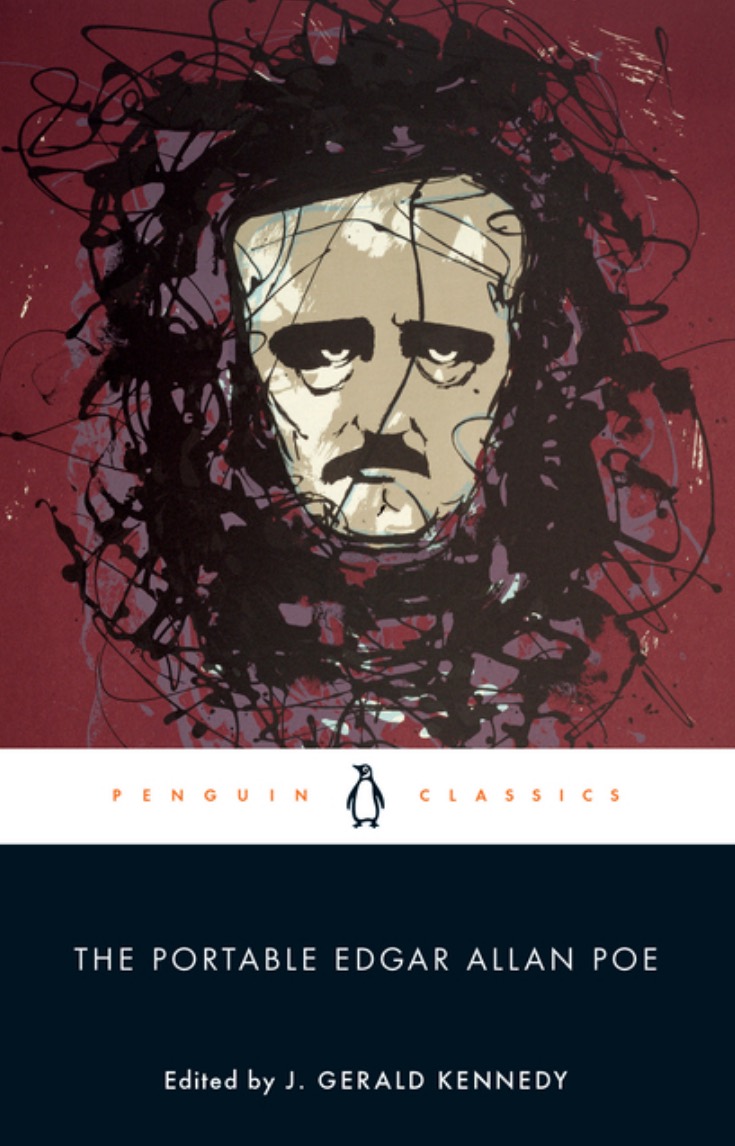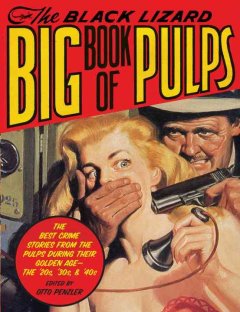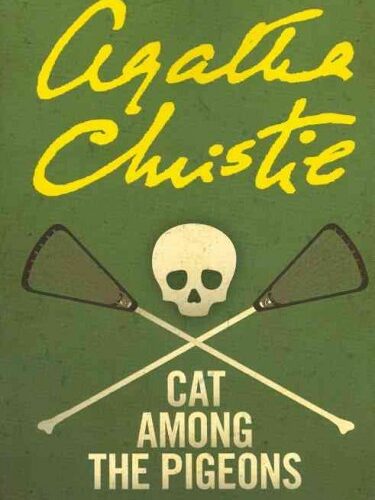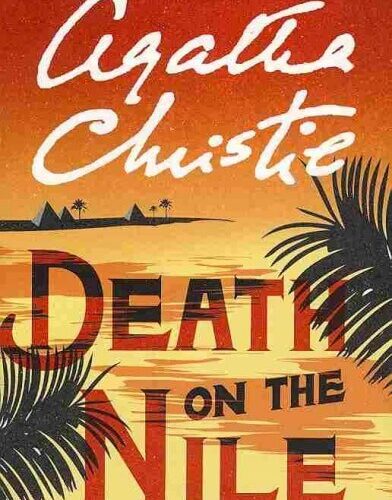Description
The Portable Edgar Allan Poe (Penguin Classics)
Edgar Allan Poe was born in Boston, USA, in 1809. Poe, short story writer, editor and critic, he is best known for his macabre tales and as the progenitor of the detective story. He died in 1849, in mysterious circumstances, at the age of forty.
J. Gerald Kennedy is Boyd Professor of English Emeritus at Louisiana State University and a past president of the Poe Studies Association. His books on Poe include Poe, Death, and the Life of Writing (1987), “The Narrative of Arthur Gordon Pym” and the Abyss of Interpretation (1995), and several edited volumes including A Historical Guide to Edgar Allan Poe (2001), Romancing the Shadow: Poe and Race (2001; with Liliane Weissberg), and Poe and the Remapping of Antebellum Print Culture (2012; with Jerome McGann). His major contribution to American literary studies is Strange Nation: Literary Nationalism and Cultural Conflict in the Age of Poe (2016), written with the support of fellowships by the John Simon Guggenheim Memorial Foundation and the National Endowment for the Humanities. He has also published Imagining Paris: Exile, Writing, and American Identity (1993), and he edited the Penguin Classics edition of The Life of Black Hawk (2008). He has appeared in many Poe documentary films, including The Mystery of Edgar Allan Poe (1994) for the A&E Biography series and Eric Stange’s film for the PBS American Masterpiece series, Edgar A. Poe: Buried Alive (2017).
Marc Notes:
Includes bibliographical references (p. 623-628).
Table of Contents:
The Portable Edgar Allan PoeIntroduction by J. Gerald Kennedy
Chronology
A Note on Texts
Tales
Predicaments
MS. Found in a Bottle (1832)
A Descent into the Maelstrom (1841)
The Masque of the Red Death (1842)
The Pit and the Pendulum (1842)
The Premature Burial (1844)
The Facts in the Case of M. Valdemar (1845)
Bereavements
The Assignation (1834)
Berenice (1835)
Morella (1835)
Ligeia (1838)
The Fall of the House of Usher (1839)
Eleonora (1841)
The Oval Portrait (1842)
Antagonisms
Metzengerstein (1832)
William Wilson (1839)
The Tell-Tale Heart (1843)
The Black Cat (1843)
The Imp of the Perverse (1845)
The Cask of Amontillado (1846)
Hop-Frog (1849)
Mysteries
The Man of the Crowd (1840)
The Murders in the Rue Morgue (1841)
The Gold-Bug (1843)
The Oblong Box (1844)
A Tale of the Ragged Mountains (1844)
The Purloined Letter (1844)
Grotesqueries
The Man That Was Used Up (1839)
The System of Doctor Tarr and Professor Fether (1845)
Some Words with a Mummy (1845)
Poems
The Lake–To–(1827)
Sonnet–To Science (1829)
Fairy-Land (1829)
Introduction (1831)
Alone (1875)
To Helen (1831)
The Sleeper (1831)
Israfel (1831)
The Valley of Unrest (1831)
The City in the Sea (1831)
Lenore (1843)
Sonnet–Silence (1840)
Dream-Land (1844)
The Raven (1845)
Ulalume–A Ballad (1847)
The Bells (1849)
A Dream within a Dream (1849)
For Annie (1849)
Eldorado (1849)
To My Mother (1849)
Annabel Lee (1849)
Letters
To John Allan, March 19, 1827
To John Allan, December 22, 1828
To John Allan, January 3, 1831
To John Allan, April 12, 1833
To Thomas W. White, April 30, 1835
To Maria and Virginia Clemm, August 29, 1835
To Philip P. Cooke, September 21, 1839
To William E. Burton, June 1, 1840
To Joseph Evans Snodgrass, April 1, 1841
To Frederick W. Thomas, June 26, 1841
To Frederick W. Thomas, February 3, 1842
To T. H. Chivers, September 27, 1842
To Frederick W. Thomas and Jesse E. Dow, March 16, 1843
To James Russell Lowell, March 30, 1844
To Maria Clemm, April 7, 1844
To James Russell Lowell, July 2, 1844
To Evert A. Duyckinck, November 13, 1845
To Virginia Poe, June 12, 1846
To Philip P. Cooke, August 9, 1846
To N. P. Willis, December 30, 1846
To Marie L. Shew, January 29, 1847
To George W. Eveleth, January 4, 1848
To George W. Eveleth, February 29, 1848
To Sarah Helen Whitman, October 1, 1848
To Annie L. Richmond, November 16, 1848
To Frederick W. Thomas, February 14, 1849
To Maria Clemm, July 7, 1849
To Maria Clemm, September 18, 1849
Critical Principles
On Unity of Effect
On Plot in Narrative
On the Prose Tale
On the Design of Fiction
The Object of Poetry (from Letter to B–)
The Philosophy of Composition
The Effect of Rhyme
The Poetic Principle (excerpts)
American Criticism
Observations
Literary Nationalism
Some Secrets of the Magazine Prison-House
American Literary Independence
The Soul and the Self
Imagination and Insight
Poetical Irritability
Genius and Proportionate Intellect
Reason and Government
Adaptation and the Plots of God
Works of Genius
National Literature and Imitation
Language and Thought
Magazine Literature in America
The Name of the Nation
The Unwritable Book
Imagination
Art and the Soul
Superiority and Suffering
Matter, Spirit, and Divine Will
Notes
Selected Bibliography
Publisher Marketing:
The Portable Edgar Allan Poe compiles Poe’s greatest writings: tales of fantasy, terror, death, revenge, murder, and mystery, including The Pit and the Pendulum, The Fall of the House of Usher, The Cask of Amontillado, The Masque of the Red Death, and The Murders in the Rue Morgue, the world’s first detective story. In addition, this volume offers letters, articles, criticism, visionary poetry, and a selection of random opinions on fancy and the imagination, music and poetry, intuition and sundry other topics.
For more than seventy years, Penguin has been the leading publisher of classic literature in the English-speaking world. With more than 1,700 titles, Penguin Classics represents a global bookshelf of the best works throughout history and across genres and disciplines. Readers trust the series to provide authoritative texts enhanced by introductions and notes by distinguished scholars and contemporary authors, as well as up-to-date translations by award-winning translators.






Reviews
There are no reviews yet.